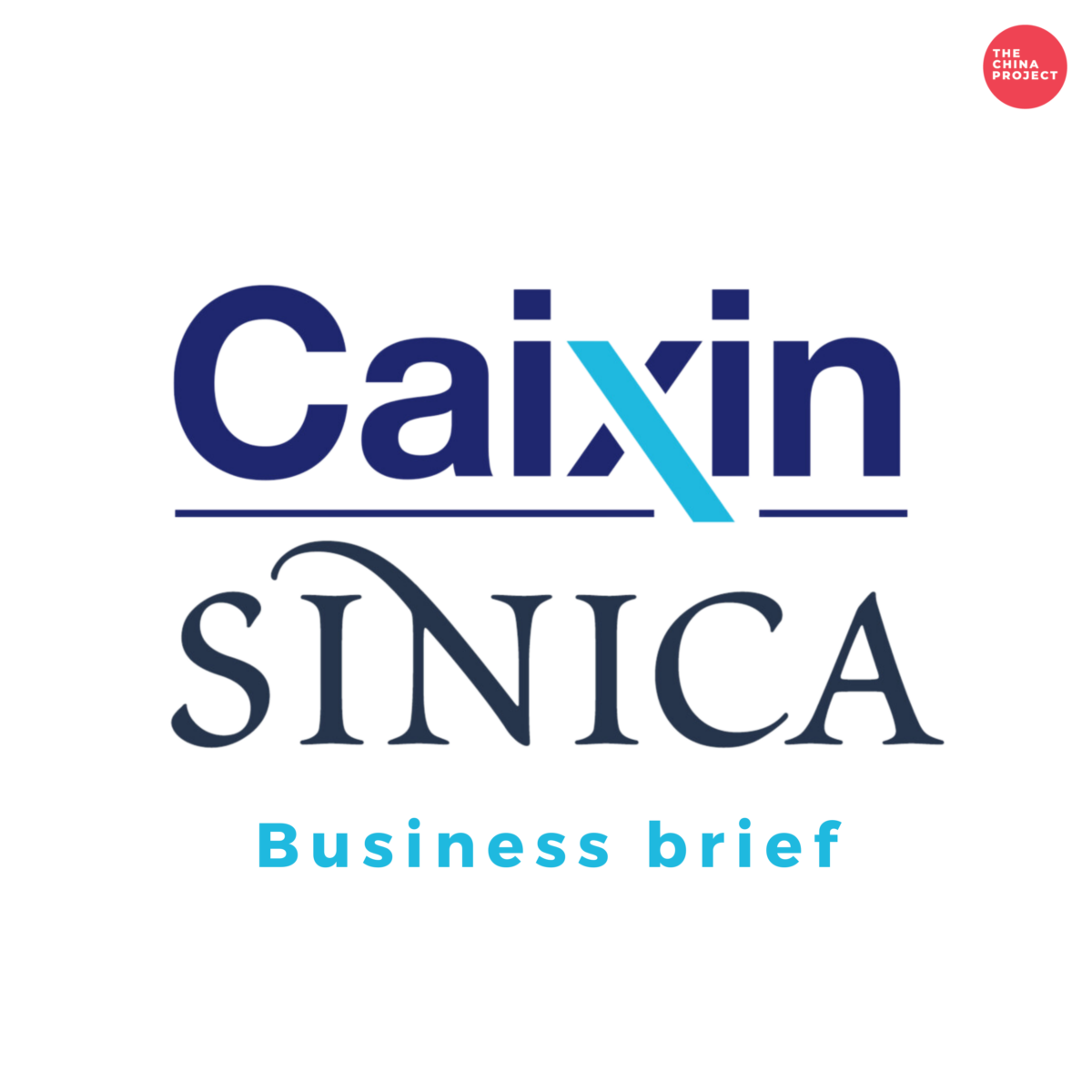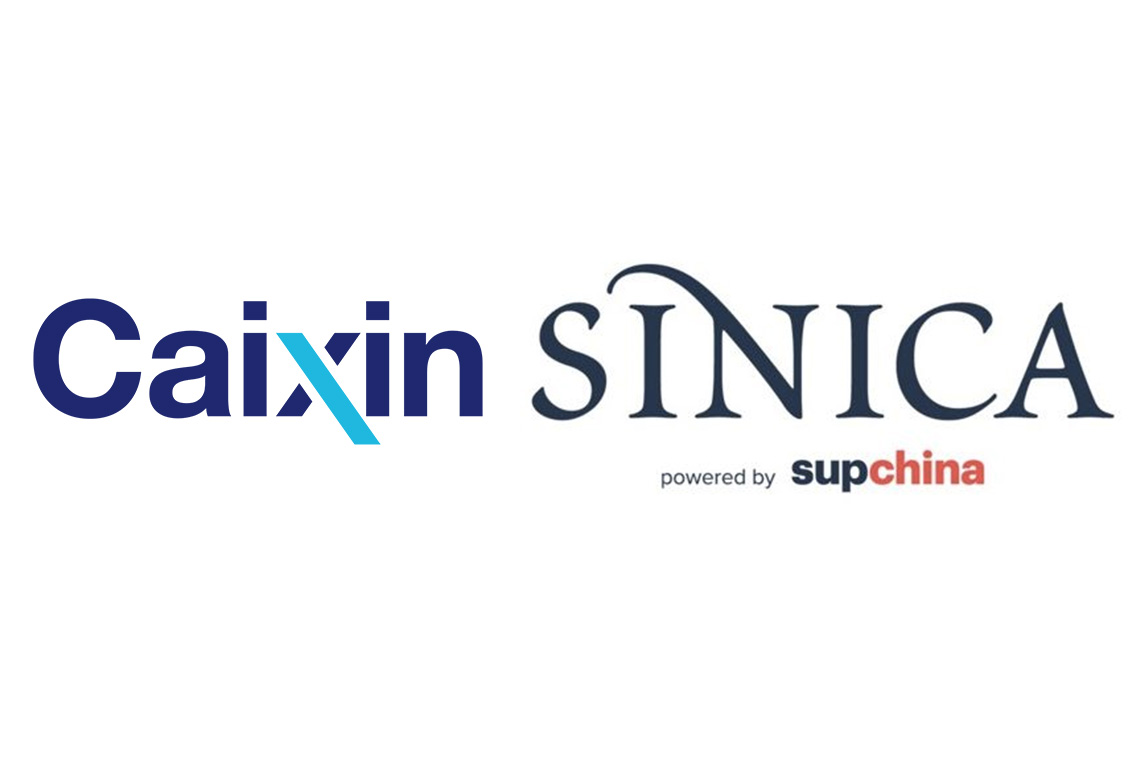Welcome to the 71st installment of the Caixin-Sinica Business Brief, a weekly podcast that brings you the most important business stories of the week from China’s top source for business and financial news. Produced by Kaiser Kuo of our Sinica Podcast, it features a business news roundup, plus conversations with Caixin reporters and editors.
This week:
- We analyze how Donald Trump and Xi Jinping struck a deal at the G-20 summit in Argentina and what it is about.
- We note that Chinese students have become such an important source of revenue to U.S. higher-education institutions that the University of Illinois at Urbana-Champaign is paying half a million dollars a year to insure against a fall in Chinese student numbers.
- We discuss a recent article by the Intercept, which reports that Google executives were so worried about internal opposition to its controversial China search engine project that they went against company policy to hide major details from security and legal teams.
- We learn that according to the National Health Commission, roughly 30 percent of the country’s estimated 1.25 million HIV-positive individuals are unaware of their status.
- We hear that expensive urban homes have fueled wealth inequality in China, allowing the country’s richest to consolidate their assets in properties that do little to encourage sustainable economic growth.
- We report that Beijing has confirmed speculation that the China Broadcasting Network will be the country’s fourth 5G carrier, a development which an analyst described as “illogical.”
In addition, we talk with Doug Young, managing editor of Caixin Global, about China’s recent upgrade of its train network. We also chat with Jingxuan Teng, reporter at Caixin Global, about an artificial rainfall project in western China’s Qinghai province and how it has been criticized by scientists as unfeasible and delusional.








